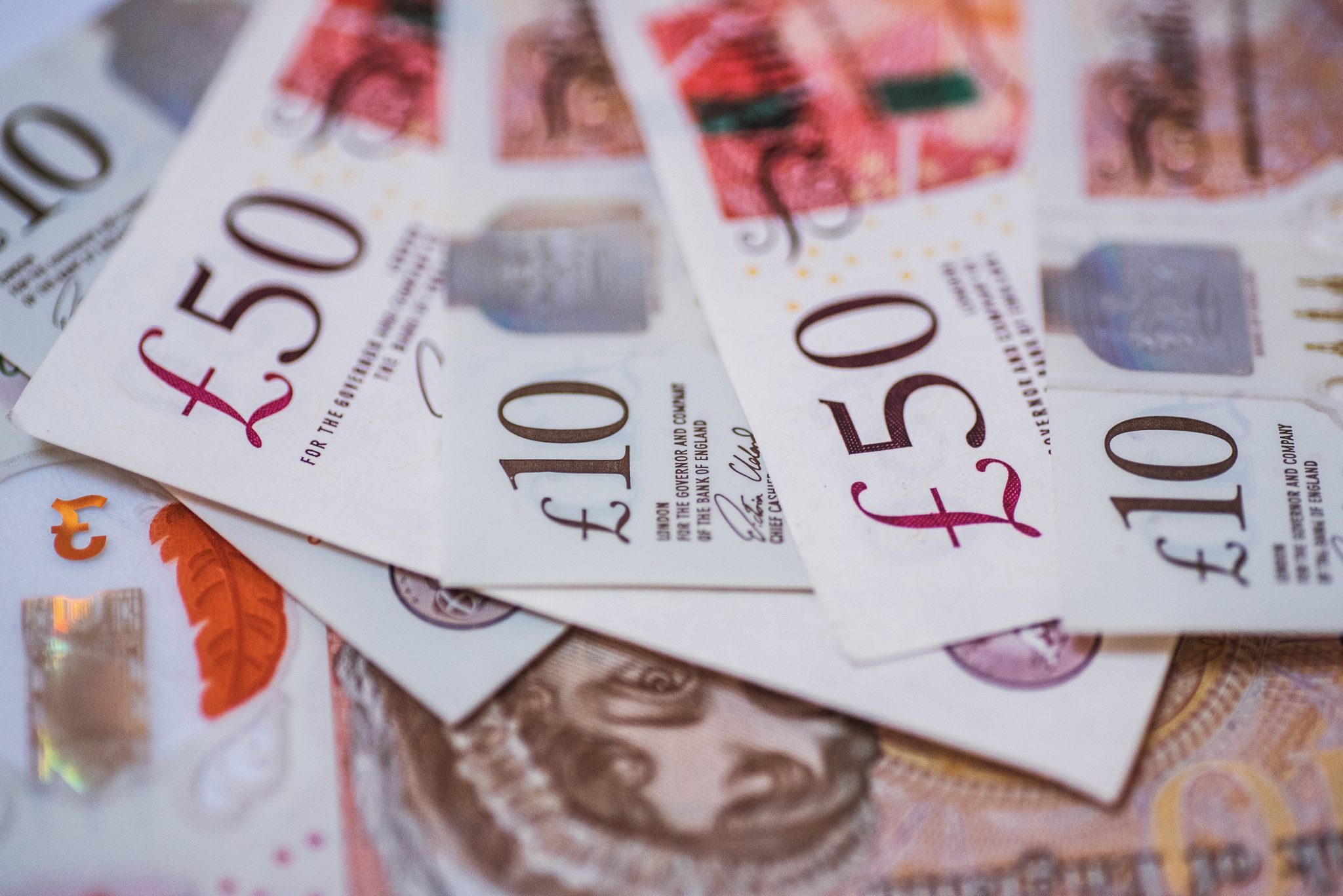When Rishi Sunak was appointed Chancellor a few weeks ago people said that Boris Johnson and Dominic Cummings would end up writing this Budget. However, the truth is that the new Chancellor looks to have instead taken a leaf from Tom Cruise in Jerry Maguire, shouting ‘show me the money!’ to his officials as he produces his chequebook for the new national overdraft.

Indeed, this Budget will see the highest level in real term infrastructure spending/investment [delete as per your political persuasion] since 1955 and equates to £600bn over the lifetime of this Parliament. The Chancellor was at pains to point out that this will still meet his predecessor’s fiscal rules on borrowing, but it’s important to note that this is only possible because borrowing costs are so low right now – the Bank of England has reduced rates to 0.25% in the wake of the coronavirus.
Such a Keynesian budget would ordinarily be unthinkable for a Conservative Chancellor. You can imagine the reception from the Tory backbenches in 2010 if George Osborne had proposed such a Budget. They would have thought that they lost the election to Gordon Brown and the Labour Party! However, in the post Brexit world with the Government’s majority at the election being delivered by traditional Labour heartlands, there is a strong mandate to deliver on the promises to these voters.
Coronavirus
The £30bn figure to address the threat of coronavirus was also quite staggering when you consider that the original HS2 cost in 2010 was in that ballpark. It shows that the threat to the economy from the virus is very real as people are travelling less, spending less and staying away from shops. This is only set to continue in the short to medium term.
Infrastructure
Mr Sunak promised to ‘get Britain building’ with that £600bn pledge over the next five years to revamp infrastructure, including a new Government economic campus for 22,000 civil in the North; £27bn for Britain’s road network; and £4.2bn for the eight metro mayors to spend on local transport improvements. He also pledged £5bn to fund Government plans to roll-out next-generation broadband, £2.5bn to fix potholes; and to double flood defence spending between 2015-2021 to £5.2bn.
Net Zero
There was also a nod to the net zero carbon target, with £500m to help develop a network of vehicle fast charging points – although ultimately the broader investment will need to come from the National Grid to ensure that it can cope with the increased demand from vehicle charging.
Labour can argue that they ‘won the argument’ and the Conservatives are now converts to tax and spend, or should I say spend and spend – as there were no large tax rises to pay for these commitments in the Budget. However, in the current political and economic climate those cries will fall on deaf ears…at least for now.
Further Budget announcements
Economic Growth
The Office for Budget Responsibility has forecast economic growth of 1.1 per cent this year, 1.8 per cent in 2021 and then 1.5 per cent, 1.3 per cent and 1.4 per cent in the years thereafter.
Borrowing
Borrowing is forecast by the OBR to rise from 2.1 per cent of gross domestic product in 2019-20 to 2.4 per cent in 2020-21 and 2.8 per cent the following year.
Housing
The Affordable Homes Programme has been extended with what the chancellor described as “a new, multi-year settlement of £12 billion”. Allocations of nearly £1.1 billion from the Housing Infrastructure Fund to build almost 70,000 homes.
Tackling homelessness
£650 million pledged to help rough sleepers find permanent accommodation.
Building safety
Building Safety Fund of £1 billion to finance the removal of unsafe cladding from high-rise residential buildings over 18 metres.
National and regional funding
An extra £640 million for the Scottish government, £360 million for the Welsh government and £210 million for the Northern Ireland executive.
Devolution
£240 million was also pledged for city and growth deals.
National insurance contributions
The NIC threshold has been increased from £8,632 to £9,500.
Corporation tax
This has been kept at 19 per cent.
Spirits, beer, cider and wine duty
Duties have all been frozen this year. The second time in almost 20 years that all alcohol duties have been frozen.
Fuel duty
Remains frozen for another year.
Red diesel
The diesel tax relief scheme will be abolished for most sectors, but not agriculture.
Research and development
Investment has been increased to £22 billion a year (2.4% of GDP).
Entrepreneurs’ relief
The lifetime limit has been lowered to £1 million, from £10 million.
NHS
40 new hospitals as part of a package to spend an extra £6 billion on the health service over the parliament. This will also fund 50 million more GP surgery appointments and 50,000 extra nurses.
Broadband
Investment of £5 billion to gigabit-capable broadband into hard-to-reach areas. A further £510 million of investment in the shared rural mobile phone network.
Pollution
£300 million will be invested to tackle nitrogen dioxide emissions in towns and cities.


